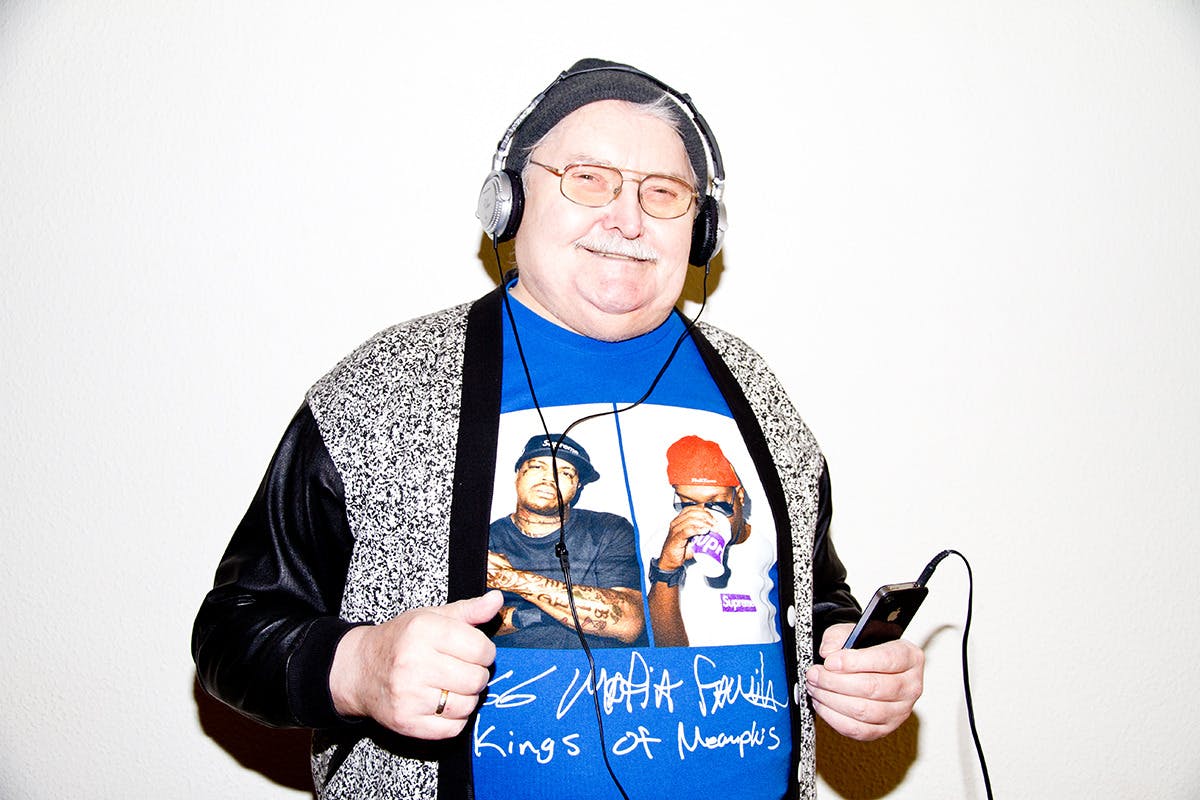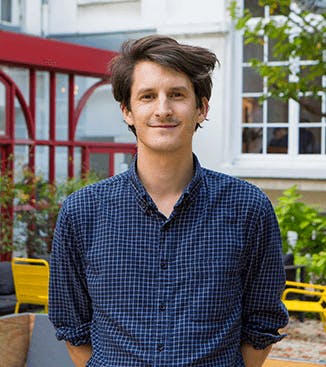Insight #2
Retirement is a job like any other
Contrary to popular thinking, retirement is not synonymous with freedom. The injunctions to remain active and useful fill the columns of low quality newspapers; necessities that the senior - a sort of Third Age Stakhanovist - miraculously transforms into virtue. The fourth age, on the contrary, is stigmatized and has become a group to avoid.

1. The abolition of the right to retire
Retirement has become a burden on the community. As the Laroque Commission on old age already explained in 1962 : “The maintenance of inactive older people places an increasing burden on the active population”. Thus, the “well-deserved” retirement will gradually be replaced by the "active" retirement.

2. Seniors as a model
It is therefore up to retirees to stay healthy, to rejuvenate and above all to be useful to others; watchwords repeated ad nauseam in the public space. So many contributions are required and expected from retirees: babysitting grandchildren, giving gifts, volunteering… Finally, the “acceptable” pensioners - the seniors - are those who continue to give when they were supposed to receive.

3. Fourth age as a foil
Unlike seniors, the fourth age is brandished as a counter-model because it is synonymous of dependence. It is therefore appropriate for pensioners to postpone their entry in this age category as much as possible; precisely by copying the virtuous behaviors of seniors.

4. Is working the key to a successful retirement?
It is with this nagging question that retirees begin their retirement. And what if they deserved the right to retire again?
L'étude

#GérerSonArgent
How do people experience their retirement?
Judging by the impressive number of publications on this topic, the “silver economy” is about to become an evergreen as unavoidable as a “pension system reform” by the government. But these economical and political prisms obscure the main facets of the pension topic. Because, it should be reminded, retirement remains a pensioner problem, first and foremost. How do individuals experience their transition from work to retirement? Why do some people fear it, while other people are impatiently waiting for it? What do they actually do with their retirement? Why do some people continue to work while other choose leisure? We tried to address those interrogations in our report.
Découvrir l'étude


